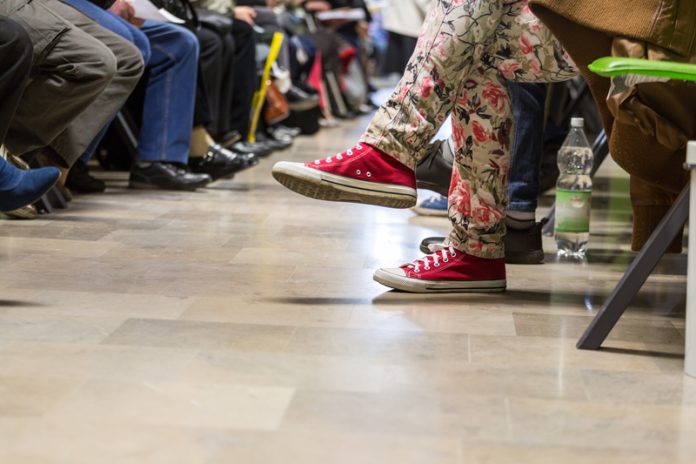More than 10% of emergency admissions patients in England are now facing long delays for hospital beds “due to growing demand”
According to the BBC, analysis of statistics released by the NHS shows that nearly 475,000 emergency admissions had to wait more than four hours for a bed on a hospital ward in 2015-16. These are patients who have already waited to be seen in an A&E department and whose condition is so serious they need to be admitted onto a ward.
Around 20% of A&E attendees fall into this category, including frail elderly people and patients with chest pains, breathing problems and fractures.
The figure, which NHS leaders have attributed to “growing demand” and pressures on the system, represents almost a five-fold increase since the year 2010-11.
Space in side rooms and corridors has reportedly been used in order to cope with the growing number of so-called “trolley waits”, with doctors warning that hospitals are now dangerously overcrowded.
An issue affecting all parts of health
“These figures are deeply worrying,” said Siva Anandaciva, head of analysis for NHS Providers. “We are heading into winter in a more fragile state than I have seen in the past 10 years or so.
“Even the historically top-performing trusts are being challenged, which shows that this is an issue affecting all parts of health. No-one wants to see people waiting in corridors, side rooms and emergency bays when they should be admitted to a hospital bed.
“These patients are still under the care of doctors and nurses, of course, but it is not ideal for them and we know overcrowding leads to worse outcomes.”
Official targets state that bed occupancy should not exceed 85%; research suggests that hospitals with higher average occupancy levels can expect to have “regular bed shortages, periodic bed crises and increased numbers of hospital-acquired infections”.
However, 130 of the 179 hospital trusts in England reported rates in excess of 85% for general hospital beds in 2015-16.
NHS England figures show 473,453 patients waited more than four hours for a bed between October 2015 and September 2016. More than 1,400 of these faced delays in excess of 12 hours. This compares with 97,559 “trolley waits” in 2010-11.
NHS England said that a small percentage of the rise was down to a change in the way the waits were measured in December 2015.











